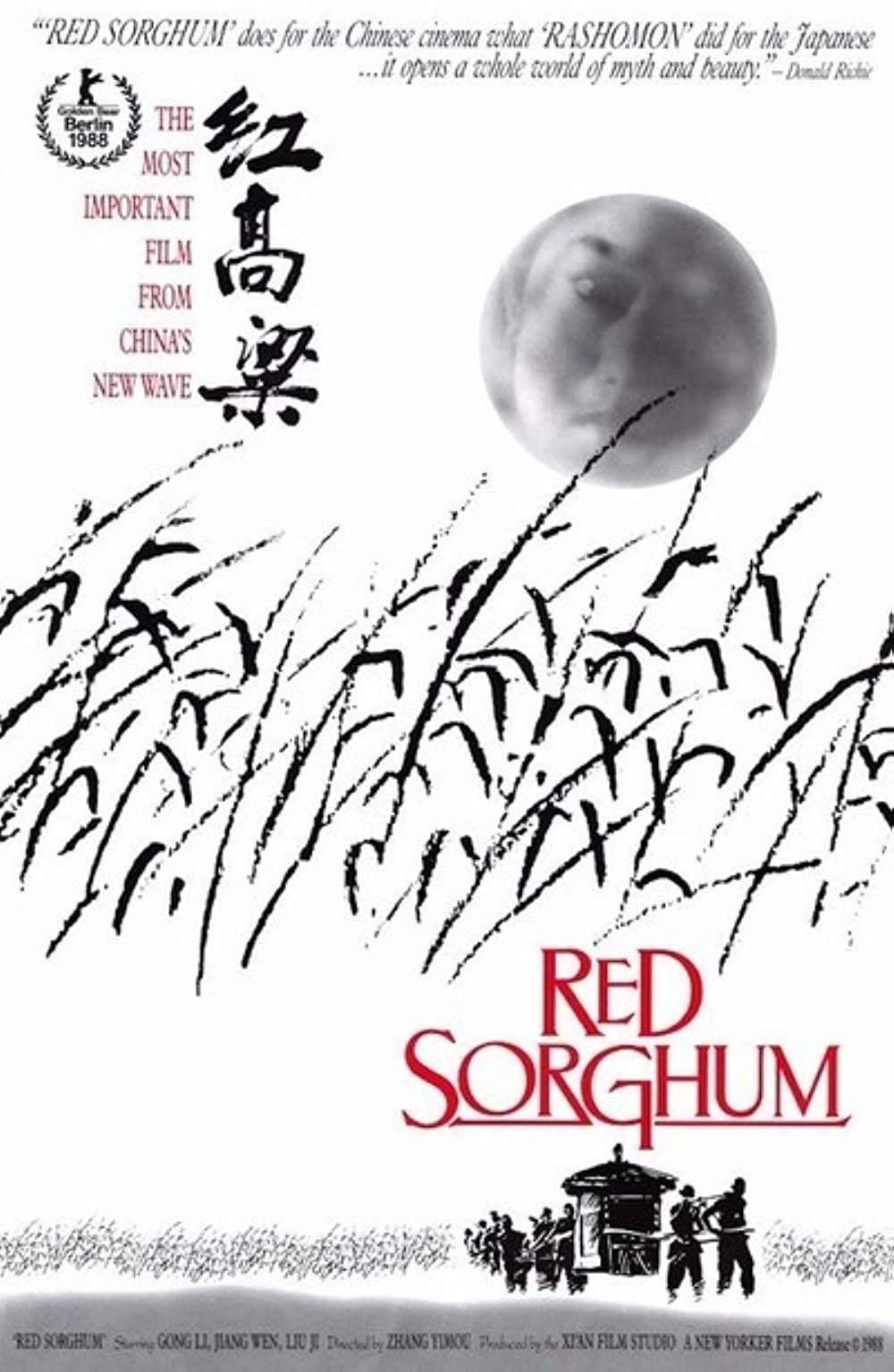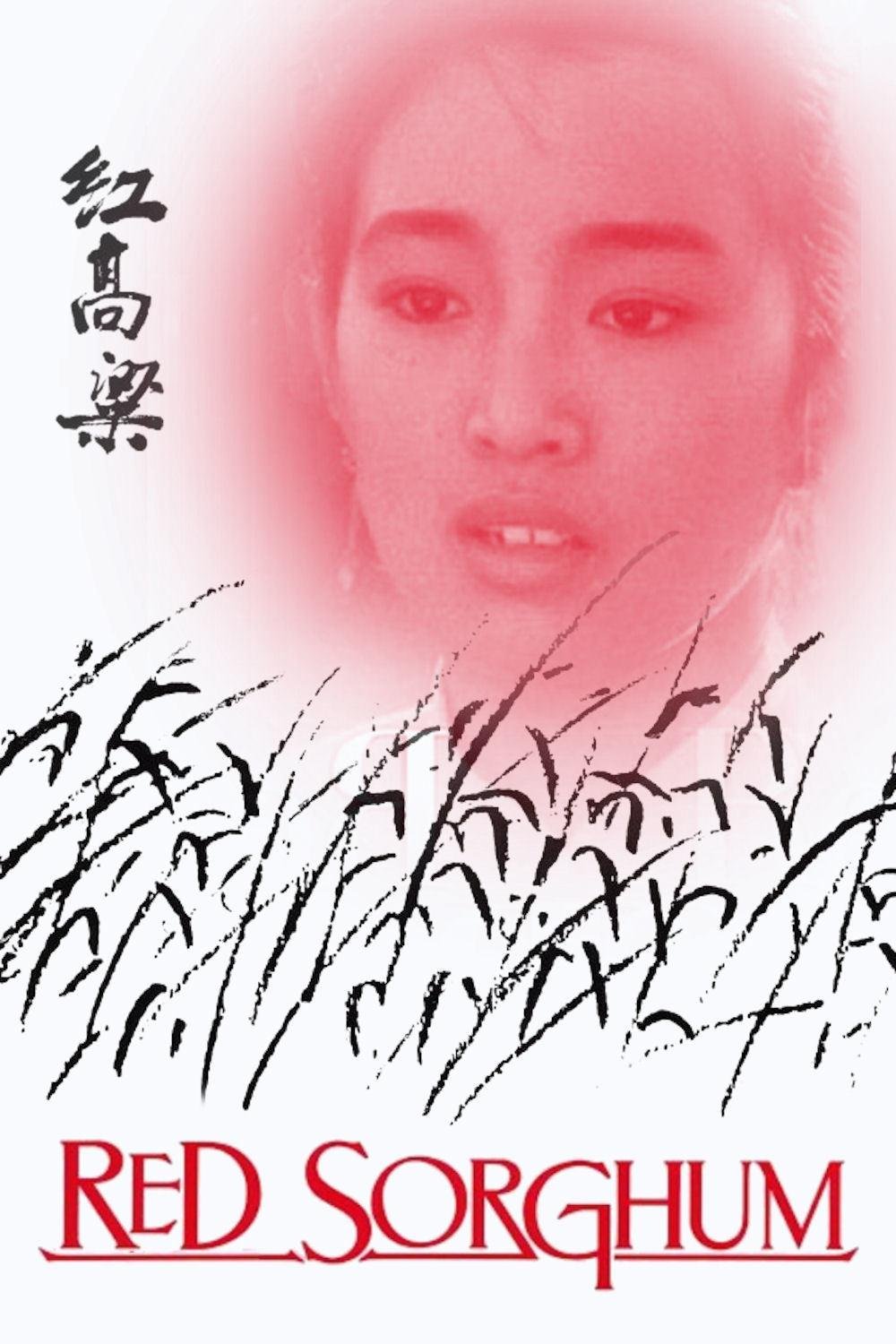Exploring the Captivating World of ‘Red Sorghum’: A Masterpiece of Chinese Cinema
Welcome to the fascinating world of Chinese cinema! Today, we are going to dive into the enchanting movie ‘Red Sorghum’, a film that captivates its audience with its compelling storytelling, breathtaking cinematography, and outstanding performances. This masterpiece of Chinese cinema has won numerous accolades and is an excellent representation of the creativity and artistry of the Chinese film industry. So, sit tight and get ready to explore the magical world of ‘Red Sorghum’.
Welcome to the fascinating world of Chinese cinema! Today, we are going to dive into the enchanting movie ‘Red Sorghum’, a film that captivates its audience with its compelling storytelling, breathtaking cinematography, and outstanding performances. This masterpiece of Chinese cinema has won numerous accolades and is an excellent representation of the creativity and artistry of the Chinese film industry. So, sit tight and get ready to explore the magical world of ‘Red Sorghum’.

Introduction
In this article, we will be exploring the captivating world of Chinese cinema with a spotlight on the award-winning film “Red Sorghum”. Directed by Zhang Yimou and starring the talented Gong Li, this film has become a classic in Chinese cinema and has captured the hearts of audiences around the world. We’ll take a closer look at the plot, themes, and performances that make this film a must-watch for any cinema lover. So sit back, grab some popcorn and let’s dive into the colorful world of “Red Sorghum”.
Historical significance of “Red Sorghum”
“Red Sorghum” is a critically acclaimed Chinese film directed by Zhang Yimou. Released in 1987, the movie marked the director’s debut and instantly became a milestone in Chinese cinema history. The film is set in the early 20th century during the Japanese occupation of China and portrays the struggle of a rural Chinese family. Through the depiction of the family’s experiences, the film reflects on the themes of love, loyalty, and the human capacity for survival in the face of atrocities. It was the first Chinese film to win the internationally acclaimed Golden Bear award at the Berlin Film Festival. “Red Sorghum” is regarded as a masterpiece of Chinese cinema, and its success paved the way for a new era of Chinese films that challenged the western perception of Chinese cinema.
The plot of the film
The plot of the film “Red Sorghum” is a captivating story about a young woman named Jiu’er who is forced to marry an old leprous winery owner. The film is set in a rural village in China during the Second Sino-Japanese War. Jiu’er’s husband passes away, leaving her in charge of the winery. The Japanese invade the village, and Jiu’er leads a resistance movement to protect the winery and her people. The film features stunning cinematography and a brilliant performance from Gong Li, who plays Jiu’er. “Red Sorghum” is a masterpiece of Chinese cinema and a must-watch for any film lover.

The portrayal of rural Chinese life
In the critically acclaimed film “Red Sorghum,” director Zhang Yimou beautifully portrays rural Chinese life in the 1920s. The stunning cinematography captures the vast fields of sorghum and the traditional lifestyles of the villagers. From the vibrant celebrations to the harsh realities of war and poverty, the film showcases the struggles and resilience of rural communities. The talented cast, including Gong Li and Jiang Wen, brings depth and authenticity to their portrayals, making “Red Sorghum” a must-see classic of Chinese cinema.
The use of color in the film
The use of color is a powerful tool in film, and one of the most striking examples can be seen in the Chinese cinema classic, “Red Sorghum”. Director Zhang Yimou‘s use of vivid, saturated red tones throughout the film creates a palpable sense of tension and symbolism. The red fields of sorghum become a symbolic battleground for the characters, representing both the beauty and brutality of their lives. Yimou’s attention to color also extends to the costumes and set design, creating a visually stunning world that transports the audience to a bygone era of rural China. The use of color in “Red Sorghum” is a masterclass in visual storytelling and a testament to the power of cinema.
Criticisms and controversies surrounding the film
Despite the critical acclaim and numerous awards won by “Red Sorghum,” the film has not been without its share of criticisms and controversies. Some have criticized director Zhang Yimou for the portrayal of certain characters and the use of violence in the film. Others have raised concerns about the accuracy of the historical events depicted in the movie. Additionally, there have been debates about the representation of women in “Red Sorghum,” with some arguing that the film reinforces traditional gender roles. Despite these criticisms, “Red Sorghum” remains an important and influential film in Chinese cinema.

The impact of “Red Sorghum” on Chinese cinema
“Red Sorghum” is a masterpiece of Chinese cinema that has left an indelible mark on the history of the country’s film industry. Released in 1987, it was the directorial debut of Zhang Yimou and starred Gong Li. The film tells the story of a young bride who is forced into a loveless marriage and the struggles she faces in rural China during the Japanese occupation. With its stunning cinematography, powerful storytelling, and superb performances, “Red Sorghum” gained critical acclaim both in China and internationally. It marked a turning point in Chinese cinema, paving the way for a new generation of filmmakers to explore their own country’s history and culture through the medium of film. The impact of “Red Sorghum” on Chinese cinema is immeasurable, and it continues to be regarded as one of the greatest films ever made in China.
Director Zhang Yimou’s career after “Red Sorghum”
After the success of “Red Sorghum,” Director Zhang Yimou went on to become one of China‘s most prominent and celebrated filmmakers. He continued to explore themes of love, loyalty, and political upheaval in films like “Raise the Red Lantern,” “To Live,” and “Hero.” Yimou’s visually stunning and emotionally resonant films have garnered critical acclaim and commercial success both in China and abroad. He has also directed several international projects, including the opening and closing ceremonies of the 2008 Beijing Olympics. Yimou’s legacy as a pioneering figure in Chinese cinema continues to inspire and influence filmmakers around the world.
Awards and accolades received by the film
Red Sorghum, a Chinese film directed by Zhang Yimou, has received numerous awards and accolades since its release in 19 The film won the prestigious Golden Bear award at the 38th Berlin International Film Festival, and was also nominated for Best Foreign Language Film at the 60th Academy Awards. In addition, Gong Li, who played the lead role in the film, won the Best Actress award at the 12th Hong Kong Film Awards. Red Sorghum is widely regarded as a masterpiece of Chinese cinema, and its success both domestically and internationally has cemented its place in film history.
Conclusion
In conclusion, Red Sorghum is a masterpiece of Chinese cinema that deserves our attention and admiration. This film not only showcases the beauty of the Chinese countryside, but it also tells a captivating story of love, resilience, and the human spirit. The performances by the actors are outstanding, and the direction by Zhang Yimou is nothing short of brilliant. As cinema lovers, we should take the time to explore the rich and diverse world of Chinese cinema, and Red Sorghum is a great place to start. With its stunning visuals, engaging story, and memorable characters, this film is a true gem that should not be missed.
For more information about Red Sorghum Chinese cinema, including movie details, cast information, etc..
check out the filmaffinity page.



